SUMMARY
This is AI generated summarization, which may have errors. For context, always refer to the full article.
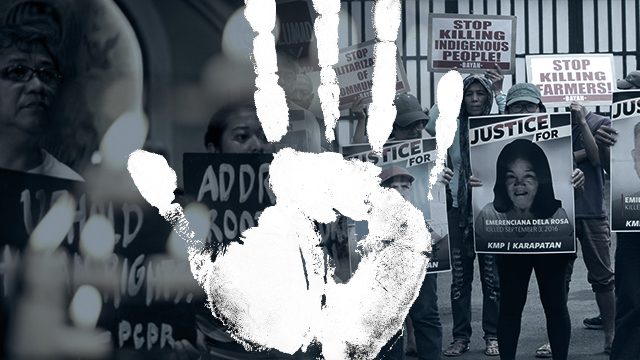
(READ: Part 1: ‘Demonizing’ human rights in the first year of Duterte)
CONCLUSION
MANILA, Philippines – President Rodrigo Duterte swore to follow the rule of law when he took his oath a year ago in Malacañang.
Filipinos, not just the 16 million people who voted for him, all waited with bated breath what change he would bring.
We all know what happened since: human rights violations – particularly in his war on drugs, moves to reimpose the death penalty, and lower the minimum age of criminal liability – marred the new administration’s record in the past year.
The concept of human rights, according to advocates, was successfully “demonized” and painted as an obstacle to the change Duterte wanted to achieve in his first year in office.
But there seems to be a disconnect between what’s happening on social media and the situation on the ground.
In Defense of Human Rights and Dignity Movement (iDEFEND), a coalition of more than a hundred civil society groups calling for the rule of law in governance, noticed a pattern in their line of work. Trolls that seemed to attack every person who called for the protection of human rights, abounded on social media.
But while Duterte’s violent solution to the illegal drug problem may have resulted in a “mindset shift” in communities offline, iDEFEND spokesperson Ellecer Carlos recognized that he still operates on top of a very solid support base.
Trickle down
A lot of people still choose to remain silent and blind to what he referred to as “repression package” brought about by the new administration.
This is what human rights advocates want to work on in the next 5 years. They want to improve human rights education – something that they failed to bring to the poorest sector of society before.
“We realized that in the past 30 years, the human rights education and conscientization work that we have undertaken and invested in, did not really trickle down to the grassroots,” Carlos said.
Efforts to adjust modules and educational methods are planned to “simplify the way we deliver human rights to the ground and it’s really bringing human rights closer to everyday reality.”
Commissioner Karen Gomez-Dumpit from the Commission on Human Rights (CHR) echoed this observation, adding that it is high time that human rights concepts are turned into “digestible” concepts.
“I think one of the things that perhaps, looking back where did we go wrong, is that we didn’t probably do a good job in translating human rights from hifalutin technical concepts into concepts that are felt in everyday lives,” she explained.
“This really gives us an opportunity to be able to do that and try to perhaps recast our message into digestible bits so that people will learn to appreciate it better,” she added.
By fighting the disinformation and the efforts to “muddle” the concept of human rights, people who previously did not care about it at all may suddenly have an awareness about it.
But growing the sentiments of the majority against human rights violations, Carlos admitted, will entail a lot of work.
Various sectors such as the media, Church, academe, among others, will now need to convene to fill in the “gap” left by “compromised legislators” who have been unable to speak out against human rights violations under the Duterte government.
“A lot of them remain silent, a lot of them remain uninvolved so it’s important now for us to provide a critical opposition, to spur public involvement, public discernment, and action,” he emphasized.
Improving empathy, upholding human rights
Filipinos may need to be more empathetic given Duterte’s bloody war on drugs. There is a need for them to realize that victims who wound up being shot in the head or wrapped in packing tape were members of families. They were someone’s husband, wife, son, daughter, brother, or sister.
“We have to put faces to stories,” Gomez-Dumpit explained. “We have to look at those back stories kasi (because) at the end of the day, you will find out that these people also have families, they have friends, they’re mothers, they’re fathers.”
There is no problem in supporting the efforts of government to rid the Philippines of illegal drugs, advocates insist. But CHR and iDEFEND want the Duterte administration to realize that there must be a more humane approach than brutally killing suspected drug users.
Until then, it is undeniably going to be an “uphill struggle” in the coming years.
While they await the next move of government on abuses, civil society will have to work on “awakening the Filipino people” to come together against oppression.
“Karapatan, hindi karahasan. Kabuhayan, hindi kamatayan,” Carlos said. “Ang tunay na pagbabago ay nakaangkla sa isang maka-karapatang pantaong plataporma.” (Rights, not violence. Livelihood, not death. Real change is anchored on a human rights platform.)
However, in speaking out against abuses, CHR reminds people that there is no need to “get into the quagmire of ridiculing other people just to make a point.”
“This is a democracy and if we do not speak, how will others know that we have the same position or beliefs?” Gomez-Dumpit said. “I think we just have to make sure that we express ourselves, we express ourselves responsibly.” – Rappler.com
Add a comment
How does this make you feel?
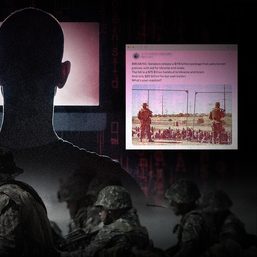

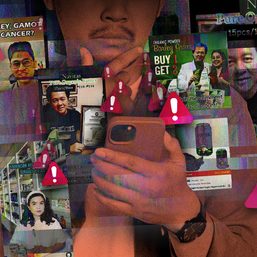
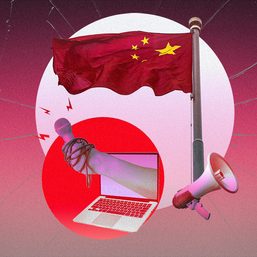

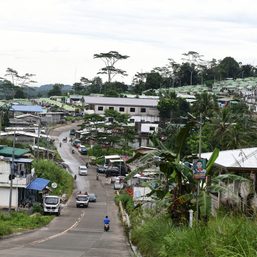
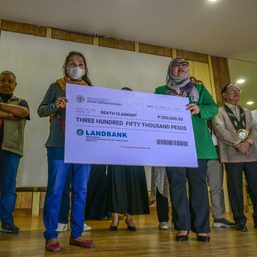
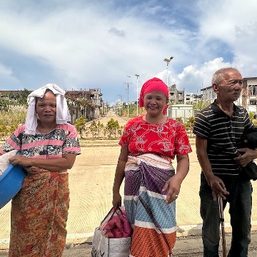
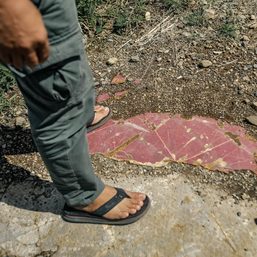
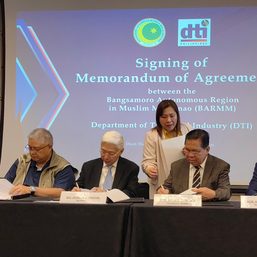

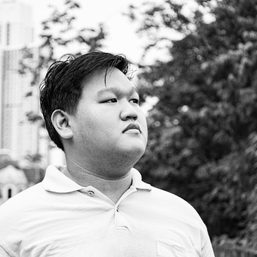
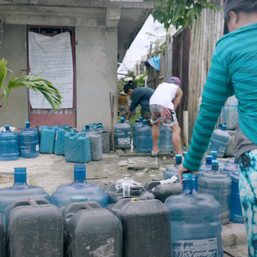
![[Under 3 Minutes] Kumusta na ang Yolanda housing projects?](https://www.rappler.com/tachyon/2023/11/title-card-ls-3.jpg?resize=257%2C257&crop_strategy=attention)
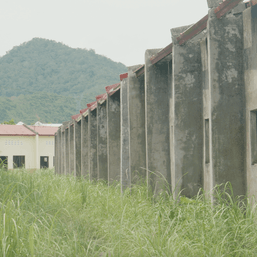
There are no comments yet. Add your comment to start the conversation.